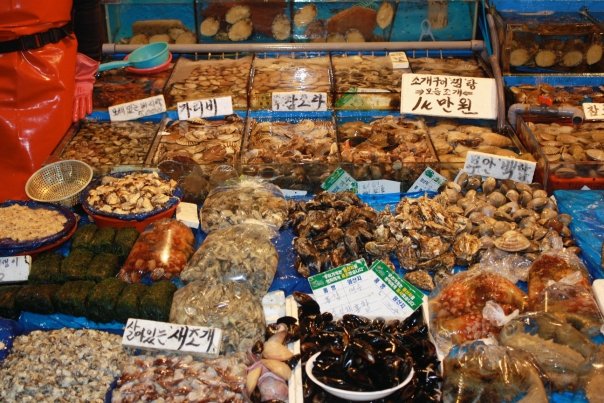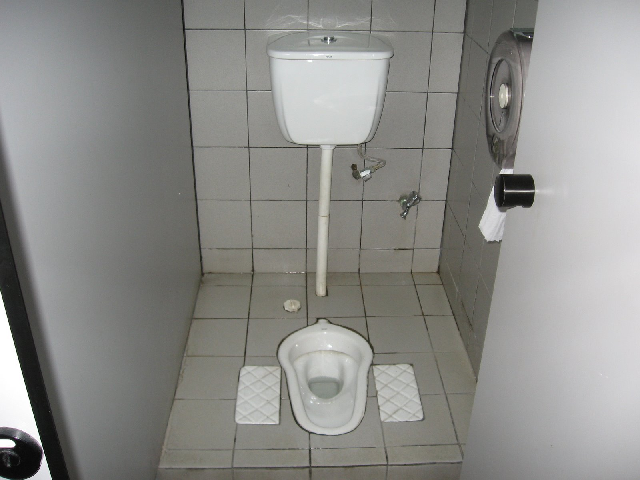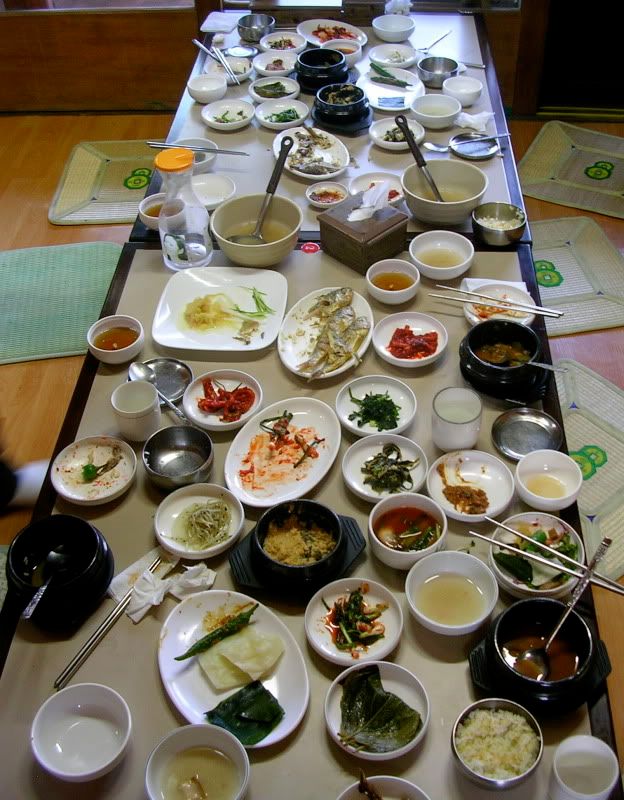Some Things Never Change
I was already two drinks in when I broke the news to my girlfriends.
"I'm moving to Korea!" I blurted out.
Looks of shock and confusion filled my friends' faces. Then came the questions.
"When are you leaving?"
"Why Korea?"
"How long will you be gone?"






